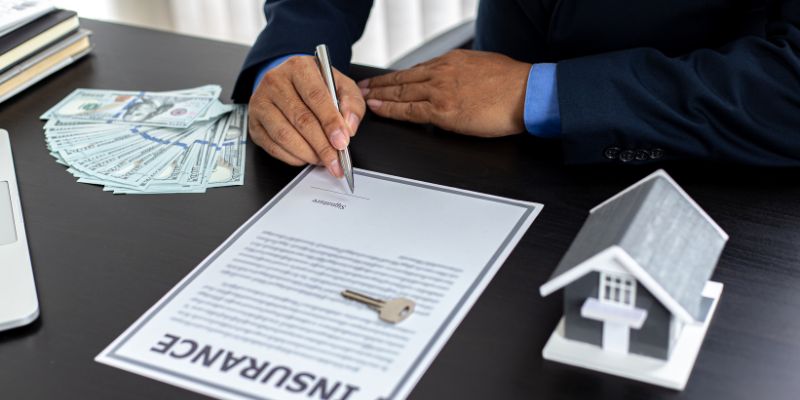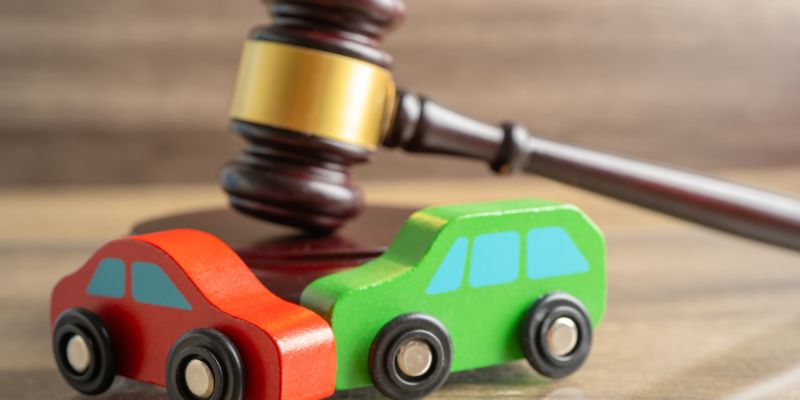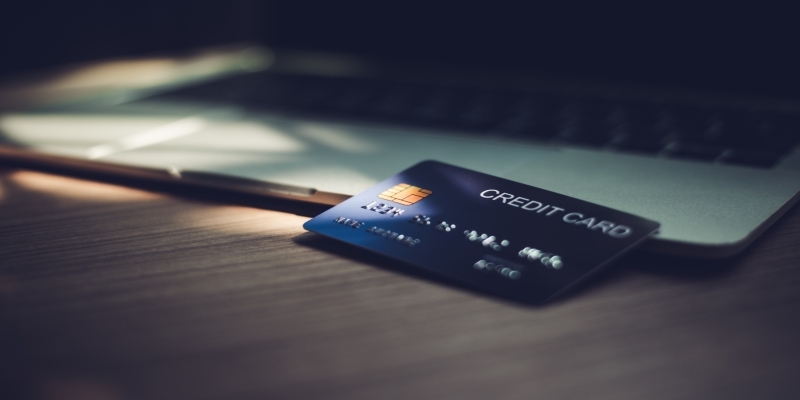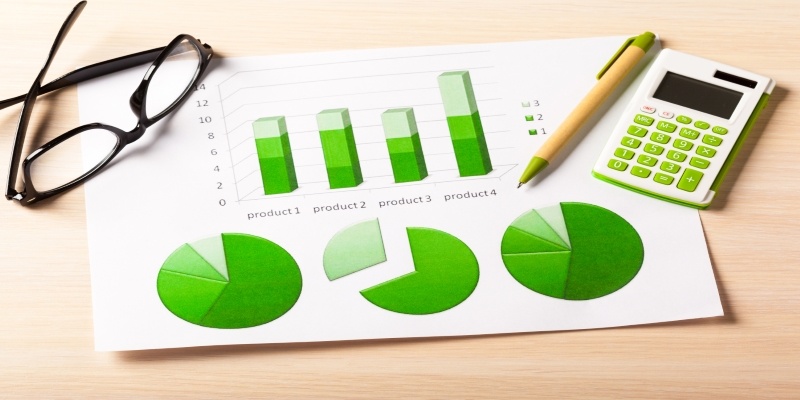A liability insurance policy protects you financially if you are responsible for the injury, business, or property damage of someone else. Most property and vehicle insurance policies, including auto and homeowners insurance, include liability coverage. The coverage may be referred to as auto liability coverage when it comes to car insurance. The term "personal liability coverage" is usually used in relation to property insurance. Let's discuss in detail what it is and its types.
Defining Liability Insurance
You may be faced with liability claims or a lawsuit after an accident that causes harm to another person or their property. The law may hold you legally responsible for another person's losses if you are negligent - whether you did something or not - that caused harm to them or damages to their property. If you are responsible for an accident, liability insurance may help protect you from the financial consequences.
Liability insurance for homeowners, for example, can protect you from lawsuits resulting from injuries sustained on your property. You are protected from financial losses by your liability coverage, which pays for the costs of your lawsuit and any judgment you may receive.

Exactly How Does Liability Insurance Work?
There are many types of insurance coverage, but one of the most important is liability coverage. Basically, it protects you from the high cost of litigation and legal liability should you cause harm to another person as a result of your negligence. Occasionally, it is even a requirement. According to state law, most drivers are required to carry a minimum amount of liability insurance for their vehicles. Lenders typically require homeowners insurance with liability coverage if you have a mortgage.
Liability insurance covers legal liability costs resulting from an accident. There is a possibility that you may face liability claims or even a lawsuit after causing an accident. There will be insurance coverage for expenses such as defending you in court or repairing damage caused by your negligence.
Let's assume that you are the responsible party in a car accident. During the accident, the driver of the other vehicle broke his arm and damaged his car's door. As long as the limits of your auto liability policy are met, your liability insurance should cover the other driver's medical costs and car repairs. Should the other driver decide to sue you, your liability insurance will also cover the costs of a defense attorney.
The Different Types of Liability Insurance
There are several types of insurance policies that provide liability coverage. Despite the common concept of liability insurance, the details of coverage can vary from one policy to another.
Personal Liability Insurance
Basic homeowners insurance policies include personal liability coverage. The purpose of this coverage is to protect you against legal liability if anyone or anything on your property is harmed by you, a member of your family, or a pet. Moreover, it protects you against liability if you cause damage while away from your property, with the exception of automobile accidents. Those who rent their homes or own condominiums are also covered by homeowner's insurance and renter's insurance.
Liability Car Insurance
This type of coverage covers you in the event that you cause an accident as a result of driving. Liability coverage for your vehicle is similar to any other type of liability coverage in that it provides you with protection in the event of damage to your vehicle. Liability insurance for automobiles can be classified into two categories:
- A physical injury. The insurance helps you pay medical bills for someone you hurt in a car accident, including rehabilitation and funeral costs. The policy also covers economic losses resulting from injuries, such as lost wages, if the other person who suffered missed work day.
- Damage to property. You can use this coverage to pay for repairs to someone's property if you damage it while driving. A property liability policy does not only cover the repair of vehicles. Assume that you veered off the road and hit a shop's sign by accident. If the sign requires repair or replacement, your liability insurance may be able to cover the expenses.

Business Liability Insurance
Business owners may be eligible for certain types of liability insurance. When your business' negligence results in damages to others, liability insurance helps protect your business from being sued and held liable. The following are common types of business liability insurance:
- General liability insurance. This coverage, also known as commercial general liability insurance (CGL), protects your business against financial losses in the event of a liability claim.
There are several types of liability covered under the policy, including personal injury, property damage, injury caused by misleading advertising, and damages resulting from defamation.
- Professional liability insurance. This type of insurance is also known as errors and omissions insurance (E&O insurance). The policy protects you against liability costs resulting in mistakes or negligence on your part.
Consider the example that you are an accountant who does not file a client's tax return on time, which results in a penalty to the client. You may be able to use your E&O policy to cover any legal action taken by your client and any damages caused by your error.
Difference Between Personal Liability and Business Liability Insurance
A personal liability insurance policy protects individuals against claims for injuries or damages to other people's property resulting from the insured's own behavior. A business liability insurance policy, however, protects the financial interests of companies and business owners against lawsuits or damages that may result from similar accidents, as well as product defects, recalls, etc.
Is Liability Insurance Necessary?
An important factor in avoiding the high cost of a lawsuit is to purchase liability insurance. Despite your best efforts, accidents can still occur. It is important to carry liability insurance in case of accidents or instances of negligence.
For example, your normally kind dog may bite a guest due to fear. If you are found liable for an accident, personal liability insurance will help cover any medical expenses or legal fees.
Conclusion
A liability policy protects you from financial losses if you are held accountable for an accident that harms another party or damages their property. We hope you understand everything there is to know about it and can decide if its a must thing to have or not.




